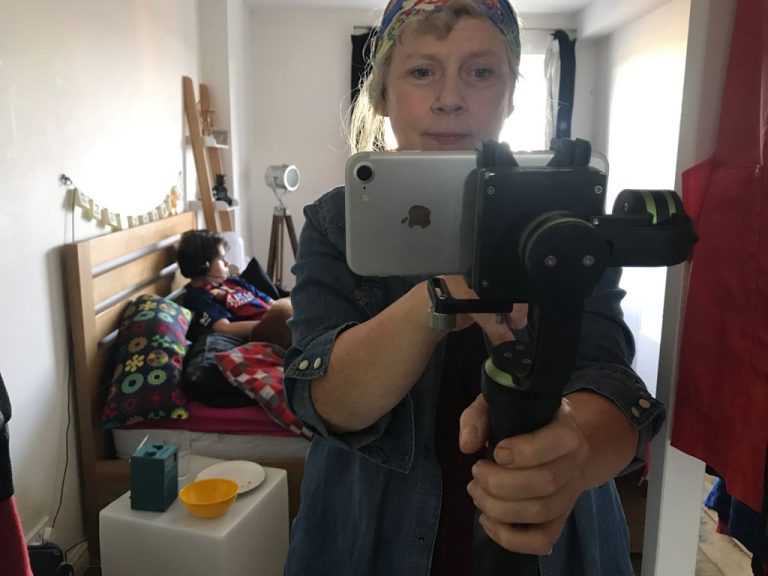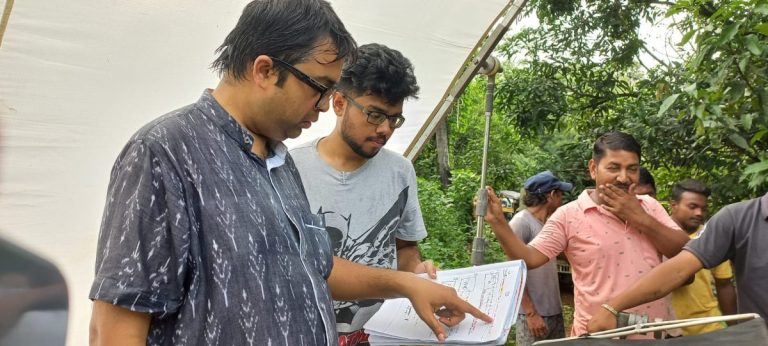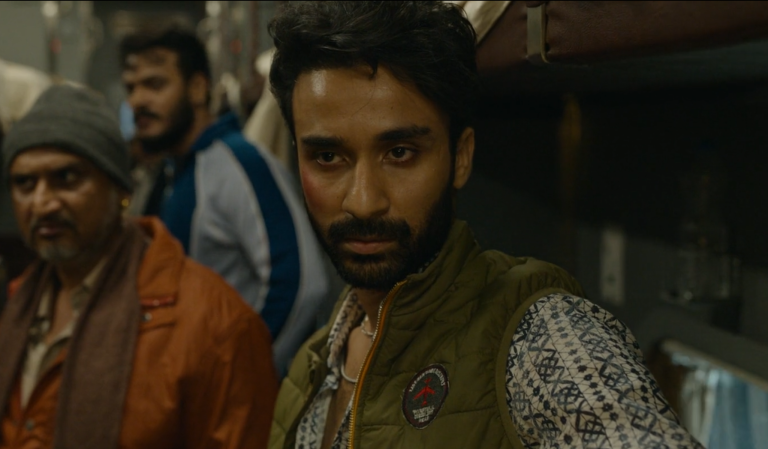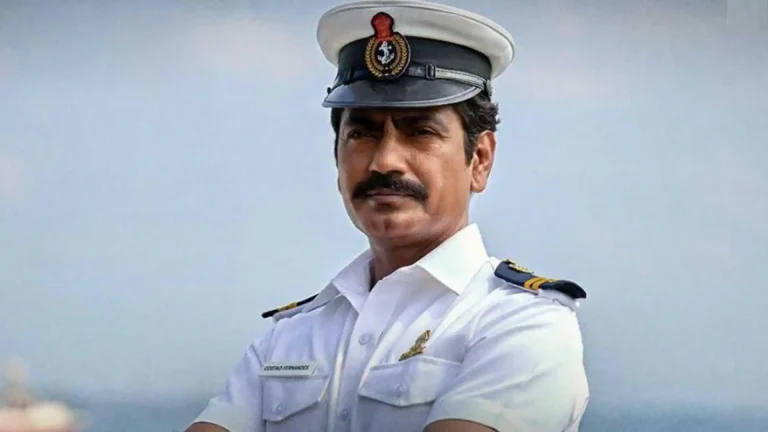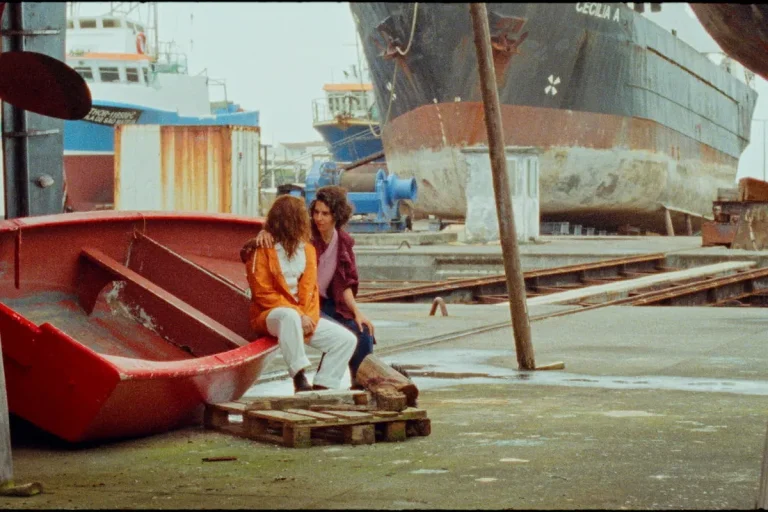Rahul Bose is a powerhouse of acting in the Indian film industry. From Agyasta Sen to Sondhi in “Berlin” (2024) and Indian commercial films to internationally acclaimed art house movies, Bose has aced every role that has come his way. In the days leading up to the release of his latest film on Zee5 Global, Bose spared some time for an exclusive chat with High On Films, catching up on all things acting and movies.
On being asked about the principles he keeps in mind when choosing a role to act in, Bose listed five or six things to start with. In his words, they include, “Is it a story that I would love to watch myself? How important is my role? Without my role being in the film, would the film collapse? Because if it doesn’t collapse, then why am I doing it? It should be important that the role should be very, very integral to the entire narrative of the film.”
He added that he likes to understand who his co-actors and the director of the film would be. Bose also stressed the need for “superb co-actors” and said that he has worked in 14 films with first-time directors, but he doesn’t mind it as long as a film is well-written and has good co-actors. The 57-year-old actor also said, “I think it’s now become very important for me to work with good human beings, not just with skilled people…It’s too much of a burden on my soul to have a tense, fractious experience on the set because, for me, that’s my place of worship.”
Bose is renowned for a long list of illustrious roles, including Jehangir ‘Raja’ Chowdhury in Aparna Sen’s “Mr. and Mrs. Iyer,” a film that won three National Awards. He debuted in the Indian film industry with the role of Agastya Sen, a newly-recruited civil servant in Benegal’s internationally acclaimed film by the same name as the book it is based on, English, August. As Sondhi in “Berlin,” Bose expertly slips into the role of an authoritative intelligence bureau officer who tries to steer the investigation in a specific direction. The character has a lot of anger involved, some amount of manipulation, and is skilled in the art of reading the other person’s body language. Like most of his performances, the years of experience show how Bose deals with the character, so we wanted to understand how he prepared for this role.
Bose candidly said, “You don’t need to really prepare. You just have to live your life, okay? Watch people’s body language. If you’re an actor and you have some talent, you clearly have emotional intelligence; you have empathy. You can read a room faster than anybody else in the world…and I’m sure I know I have them.” He also added that Sondhi’s character was interesting because he’s playing a survivor who has to win even if the whole world burns down; losing is not an option for Sondhi. The character is deeply misogynistic, uncomfortable around women, and insecure, all those things that go with people who want power at any cost – a very unpleasant guy.
He further told us that Manav Sangha (“Dil Dhadakne Do”), Sondhi (“Berlin”), or Omar (“Vishwaroopam”) are all roles where he has had to play a bad person, and it would be difficult to get that right or enjoy playing them without falling in love with the characters as an actor first. Bose went on to reminisce about his role as Manav in Zoya Akhtar’s “Dil Dhadakne Do,” where he was caught in the conflict between his actor self and his human nature, especially since he has been working on gender for more than two decades, but recalls doing it anyway because that’s what he signed up for as an actor.
Sabharwal’s “Berlin” (2024), which hit the Zee5 Global streaming platform this Friday, the 13th, presents a very different and grim worldview that we are not used to when we think about perceiving the 90s. It talks about liberalization and the way the Indian economy was slowly starting to turn towards globalization, bringing out an ethos of politics and bureaucrats in the system, much unlike the popular nostalgia around the 90s that has washed over our imagination off late.
However, Bose told us that he does not think such an intervention – the need to portray the 90s in a different light – is necessary. He said, “It’s an interesting artistic ploy,” and added that nothing is keeping Berlin from being made today since the world built by Sabharwal is only a conceit. However, to end his answer, Bose jokingly added, “Although you can ask him this, I wouldn’t be surprised if he said yes.”
Further, in the context of his performances and their reception among the audience, Bose said, “Nobody’s hyped any performance of mine. Forget over[hyped], not even hyped…It’s never happened. ‘Oh, you must go and see this performance’ or not – I’ve never heard that.”
In 2001, Bose debuted as a director with his film, “Everybody Says I’m Fine!” which premiered at TIFF in September 2001 and won him the runner-up John Schlesinger Award at the Palm Springs International Film Festival. His directorial endeavors have been fewer compared to his performances in films, but when asked to pick between Rahul Bose, the actor, or Rahul Bose, he promptly responded that he’d want to be remembered as a director. He added, “Because when you direct, you are creating a piece of imagined reality from the deepest recesses of your brain and your heart, and if anybody resonates with that, there’s no greater joy.”
Finally, we asked Bose to name five films that represent a cinematic high, moments that truly influenced the cinema that he wanted to make. But he refused the same, joking that he could try, but if he started listing the names, it would likely range between 17 and 47. The few names that Bose then shared with us include Pather Panchali, Aparajito, and Apur Sansar, i.e., the Apu Trilogy, and everything from Aryanyer Din Ratri to Sadgati by one of the most renowned Indian fim directors, Satyajit Ray. He also added Vittorio De Sica’s The Bicycle Thief, Buñuel’s The Discreet Charm of the Bourgeoisie, Federico Fellini’s La Dolce Vita, and Kurosawa’s Kagemusha to this list.




![A Tale of Two Sisters [2003] Review: Every Family Has Its Dark Secrets](https://79468c92.delivery.rocketcdn.me/wp-content/uploads/2018/09/a-tale-of-two-sisters-768x432.jpg)
